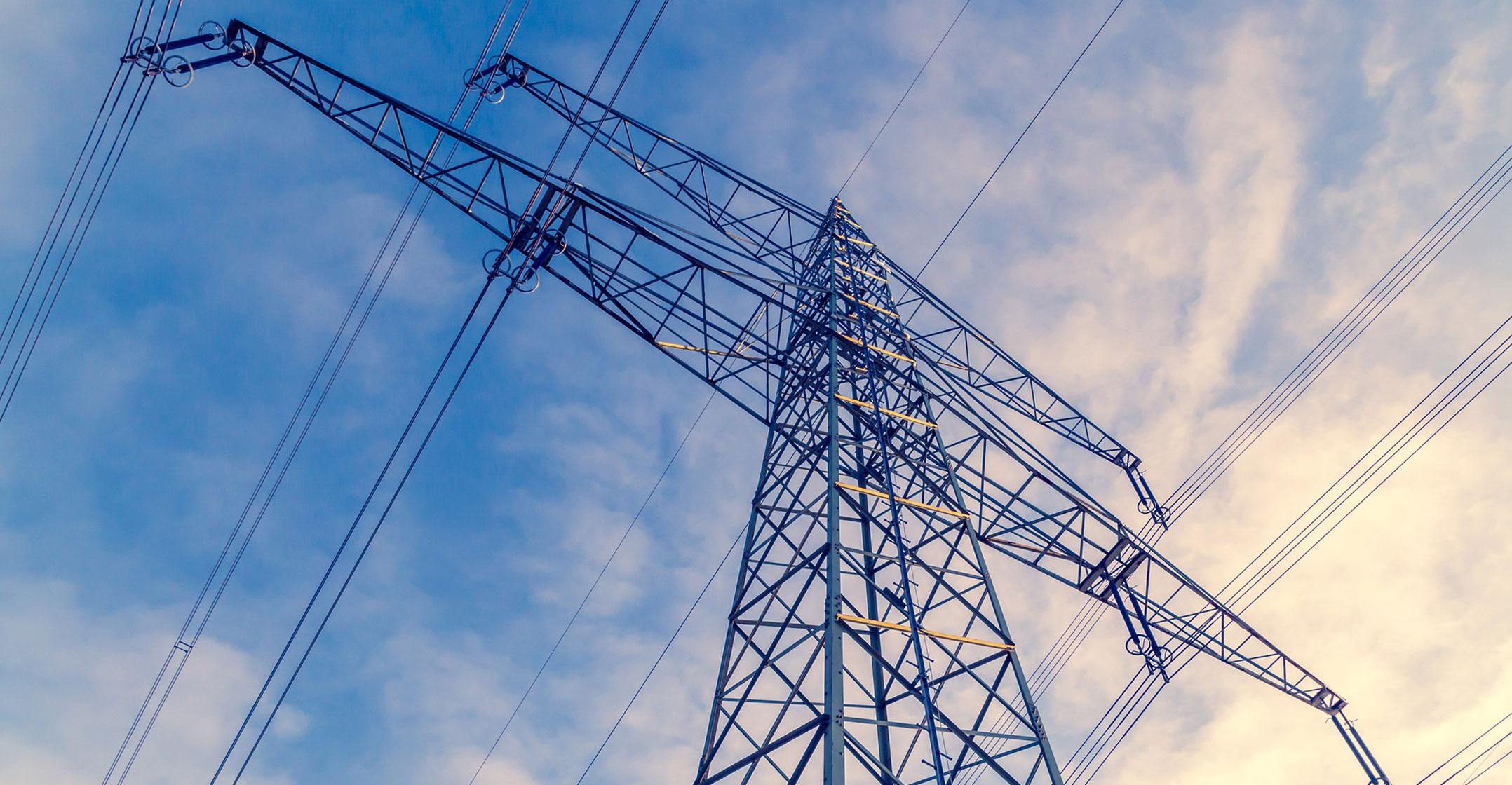 Eskom has posted a fourth consecutive annual loss as it continued to service a mountain of debt, repaired ageing plants and lost electricity revenue because of a drop in demand caused by the coronavirus pandemic.
Eskom has posted a fourth consecutive annual loss as it continued to service a mountain of debt, repaired ageing plants and lost electricity revenue because of a drop in demand caused by the coronavirus pandemic.
The state-owned monopoly’s loss narrowed slightly to R18.9-billion in the year to March, from R20.8-billion a year earlier, CEO Andre De Ruyter said at a briefing on Tuesday.
After growing unabated for about 15 years, the utility’s gross debt fell 17% to R401.8-billion, thanks to a cash injection from government, but it remains unsustainably high and plans are being made to reorganise it.
Electricity demand dropped 6.7% because of lockdown restrictions to curb the spread of Covid-19, the company said in a statement.
Eskom’s inability to provide sufficient power to meet the nation’s needs and its reliance on state bailouts to stay afloat have been a major drain on the economy.
Its plans to build new capacity have been riven by corruption, cost overruns and government vacillation over what form of energy to use and the role private producers should play.
Break-up
Government plans to split Eskom into transmission, generation and distribution units to make it easier to manage, while De Ruyter is taking steps to cut costs and stamp out the corruption that’s plagued the company for years.
He’s also trying to secure cheaper financing from development finance institutions in exchange for reducing the utility’s environmental footprint by increasing the use of renewable energy. — Reported by Paul Burkhardt, (c) 2021 Bloomberg LP




